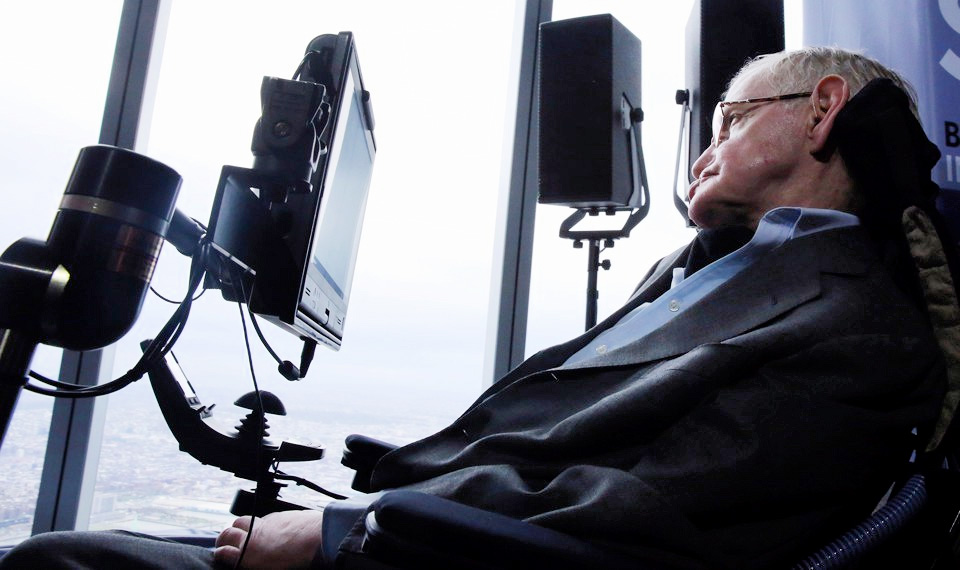For a few nights in April last year, astronomers linked up eight radio telescopes in the United States, Chile, Spain, Mexico, and Antarctica for a little photo shoot. Their goal was to piece together an image of the supermassive black hole at the center of our Milky Way galaxy.
Black holes, one of the most mystifying phenomena in the universe, are the epitome of camera-shy.
The gravity of these extremely dense points in space is so strong that nothing, not even light, can escape. But with the right setup and powerful technology, humanity could catch a glimpse of one.
Astronomers are still analyzing the data, and they hope to make their results public sometime this year.
The final photograph, if they got it, would be the first-ever picture of a black hole. So far, scientists have detected black holes only indirectly.
They have observed stars spinning violently around an empty void, and recorded the waves in the fabric of space-time from distant cosmic collisions.
An image of a black hole would be the ultimate proof that these things actually exist.
And the people behind this effort really wish Stephen Hawking were around to see it.
Hawking, the English theoretical physicist, died Wednesday at his home in Cambridge, England, at the age of 76. He gave the world many important contributions to the study of the universe, but he is perhaps best known in the field for his work on the properties of black holes.
His tremendous intellect, boundless curiosity, and best-selling books inspired a generation of astronomers and physicists who have devoted their careers to studying these invisible objects.
After the news of Hawking’s death, I emailed several astrophysicists who study black holes about their reactions.
For them, the thought that Hawking will not see the potential photographic evidence of a black hole is heart-wrenching.
“For some people, seeing really is believing, so we were hoping to get something in time,” said Shep Doeleman, an astronomer at the Harvard-Smithsonian Center for Astrophysics. Continue reading
- Image: The Atlantic
News category: Features.




